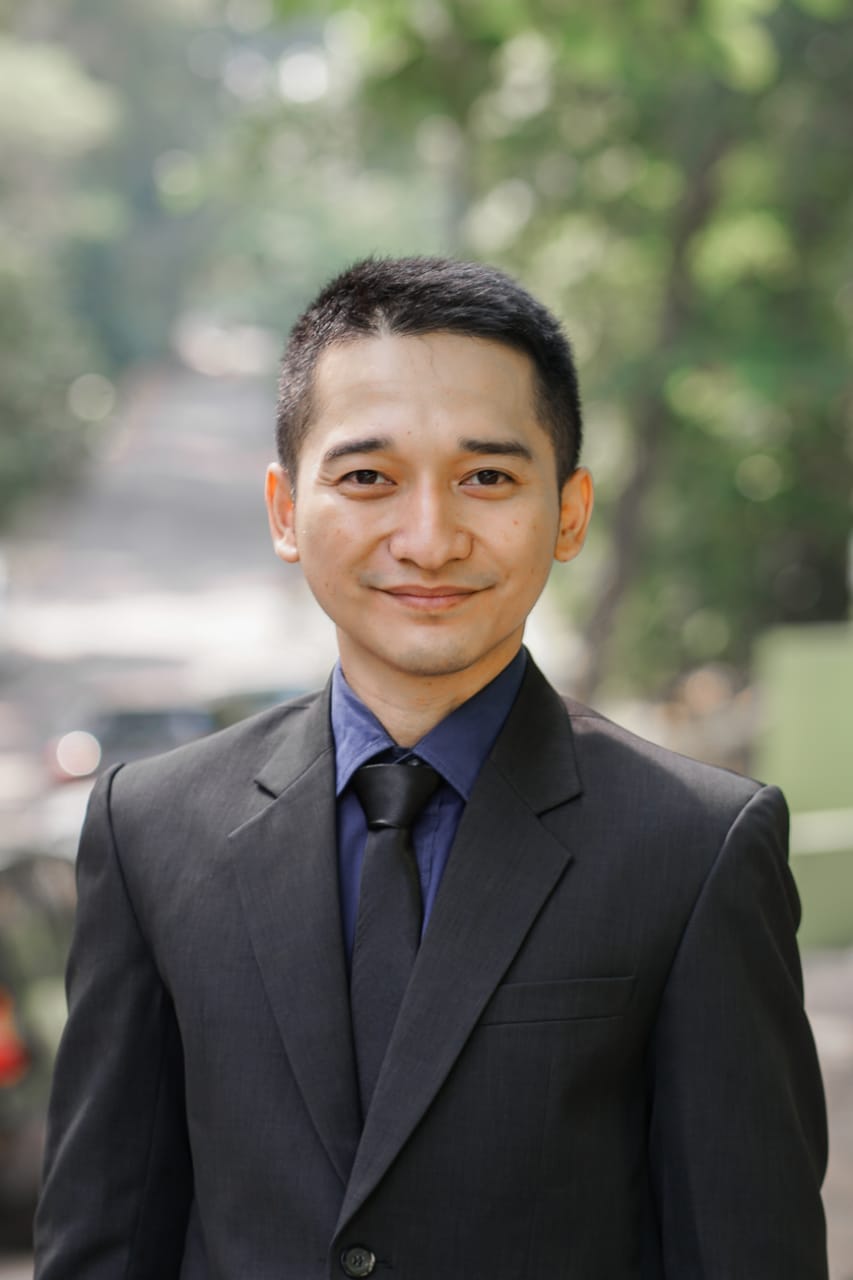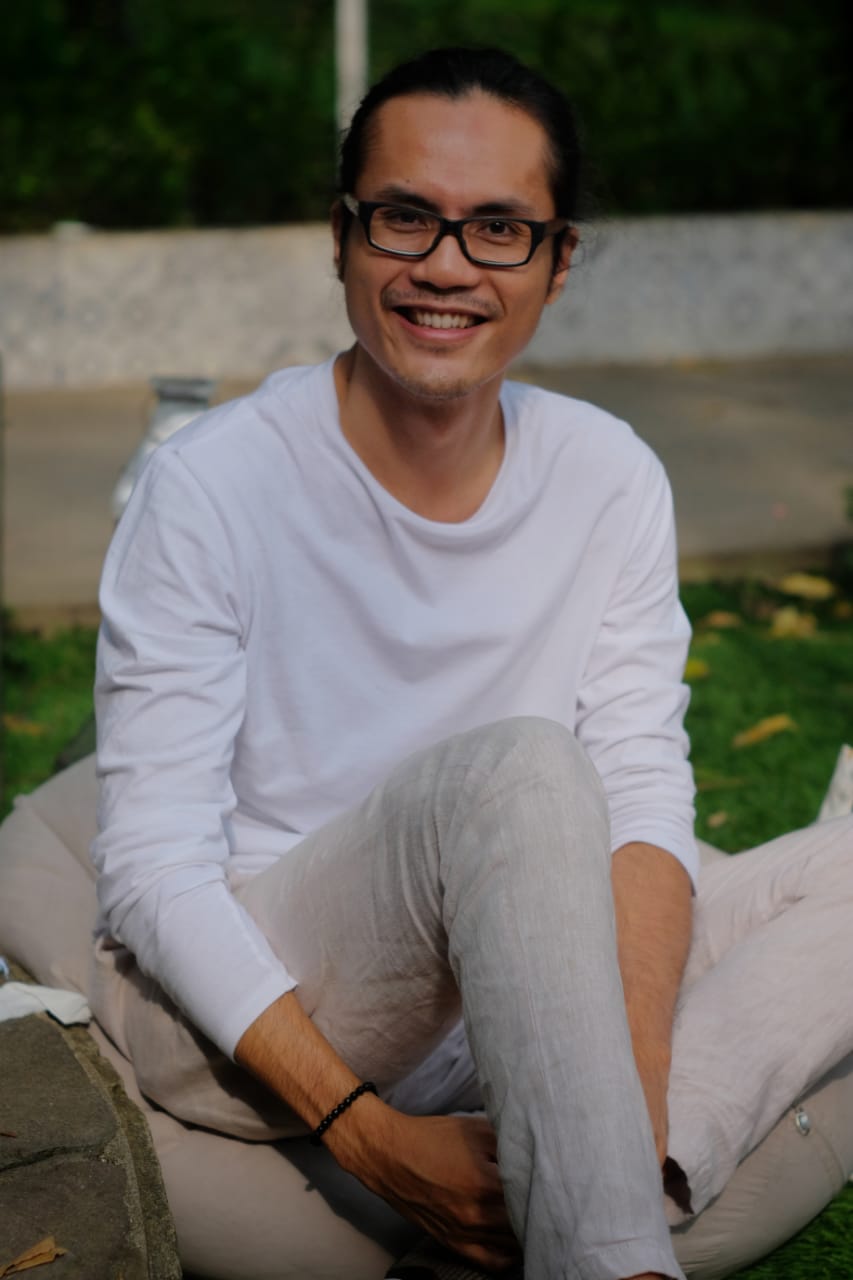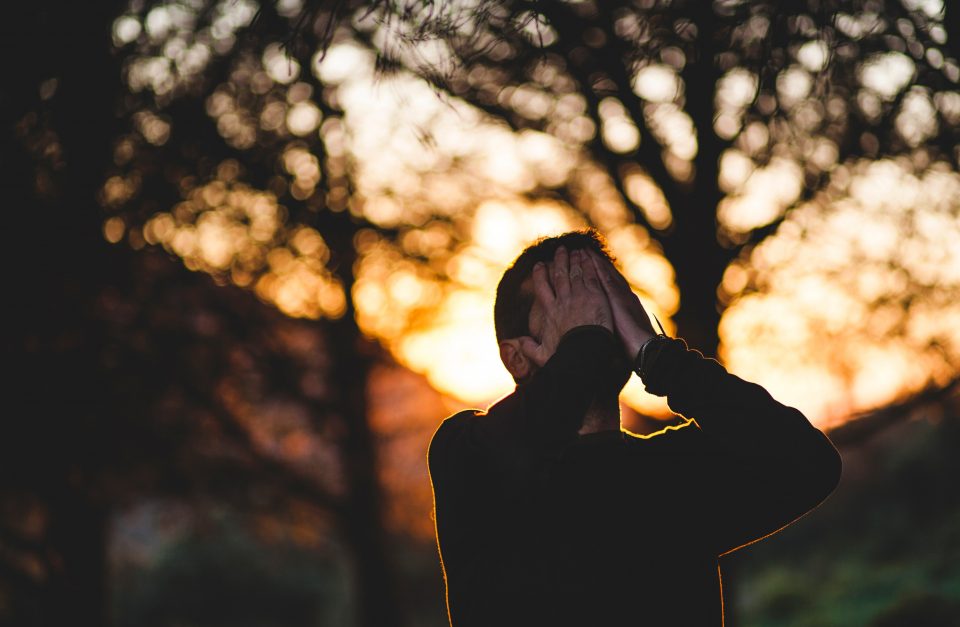The world is going through an international crisis. Indonesia came late to the party – having government officials applauding how the country was coronavirus-free at the beginning of the year, and then underestimating the impact it could bring to the country’s economy and vitally, the well-being of its citizens.
Unlike other countries, Indonesia isn’t under full lockdown, yet it has implemented policies of physical distancing and a reduction in outdoor activities. Thus, schools, offices, hotels, and entertainment hubs, among other non-essential facilities, have been temporarily closed until further notice. Studying and working from home while also maintaining healthy minds and bodies is the new reality in today’s world. It has come as a shock to most, whilst others are having the time of their lives by just staying at home.
During this time of uncertainty, compounded by the loss of physical interaction, we are bound to feel distressed and unhappy. Maintaining good general mental health is a journey, but when it’s mixed with physical distancing, it may increase mental trauma. Dr Jiemi Ardian, a psychiatrist and social media influencer, pointed out that this pandemic is not ideal for an individual’s feelings, thoughts, and behaviours.
“Being mentally healthy is not just about feeling, but also general welfare. During physical distancing, we don’t have to do emotional distancing too. The need to interact and understand others, especially the important people in your life, are still present. We need to meet these needs in safer ways such as using social media or a platform that assists video conferencing,” Dr Jiemi said.
Having a healthy soul means to believe in your potential as well as recognising and being able to overcome problems. Therefore, it’s crucial to maintain physical health; exercise, consume well-balanced nutritional food, get enough sleep, follow a new pattern at home, stay emotionally connected with others, cope with emotions by using a strategy that has personally worked well in the past, and strategise the future including your financial arrangements.
However, our emotions and feelings are not in our hands now. Choosing to behave more wisely, regardless of the emotions that surface, is advisable. “Emotions and feelings are a response to our thoughts, reality, and actions. Nobody will stand to have to be stuck in their house continuously, and it’s natural. If the feeling of anxiety, fear, and confusion arises, then it is also natural,” Dr Jiemi added.
The dark and bright sides of the coronavirus pandemic should be acknowledged. Adjie Santosoputro, an emotional healing and mindfulness practitioner, claimed that it is natural for an individual to feel unease, therefore it’s a matter of fixing the mindset to neither overplay nor escape it. “It’s certainly an uncomfortable time, but sometimes, we need to learn to accept and embrace loneliness and grief. This is one way to make peace with the present condition,” counselled Adjie. “This inconvenience contains the opportunity for us to recover the relationships that have been damaged – with families, friends, and ourselves.”
Nowadays, technology plays a vital role in rapidly informing the masses, yet it tends to spark uneasiness in an individual’s state of mind and feelings.
“A psychosomatic complaint arises, resulting in excessive anxiety and perceived stress,”
Dr Jiemi pointed out. Fear, sadness, worry, and confusion are also some elements of the unease sparked from the coronavirus pandemic. But Dr Jiemi admires many doctors who are sharing through their respective social media accounts to spread awareness and support for the community, just like himself.
Anxiety over COVID-19 was already visible before the Indonesian government announced the first positive cases in early March. These emotional impacts shouldn’t get in the way of everyday life. Firstly, identify the dominant source of anxiety. Is it from the news? Is it from social media? Restrict information or only receive details from trustworthy sources. Also, don’t forget to limit the amount of news and social media you consume. Allocate time to rest your body and mind; anxiety is also about the mind wandering. Some techniques can help you overcome anxiety when done routinely, according to Dr Jiemi, such as slow, deep breathing cycles, yoga, grounding techniques, and progressive muscle relaxing.
Adjie believes that news consumption is beneficial for knowledge, but should only be consumed appropriately. “Excessive media consumption will drain our energy instead,” Adjie said. Therefore, being mindful is highly encouraged. Put simply, mindfulness is being present; it’s when an individual learns to experience life as it is.
The mind is always wandering off to the future or revisiting the past. Overthinking derives from the mind’s defence mechanism based on anticipating the future and learning lessons from the past. Abolishing overthinking will otherwise cause the mind to overreact. “Having peace of mind isn’t when the mind is empty from thoughts; keeping thoughts in a healthy manner will do,” Adjie clarified. Distracting the mind from overthinking by going to the mall or meeting a friend was so easy just a few short weeks ago. “Emotional healing helps us to be aware of ourselves, especially with overthinking problems. Everyone has crowded minds and tends to overthink, which is normal. Don’t reduce your thoughts – nurture the relationship with your mind because like it or not, it will always be crowded,” Adjie added.
Both Dr Jiemi and Adjie offered several suggestions to overcome uneasiness, bearing in mind that not all suggestions would work for everyone. “Switch up the pattern at home to create novelty in your activities, although it will only reduce the intensity of emotions instead of replacing them positively. Do a simple workout then proceed with other activities that need to be done that day. It is important to build a sense of control,” Dr Jiemi explained. He also suggested to immerse yourself in hobbies such as gardening, indoor sports, writing, reading, or any other physical activities.
Furthermore, Adjie suggests meditation because it assists in mental and physical health, performance, and focus. Meditation restores inner well-being, as most problems arise from inner wounds, trauma, or emotional shocks. “It’s not complicated. Make time, both morning or night time or once a day, where you sit cross-legged, on a chair or bed with your eyes closed and become aware of your breath for at least five minutes,” Adjie explained. Though the mind will wander off into flashbacks or future visions, always remember to return to breath awareness.
The novel coronavirus pandemic doesn’t seem likely to globally wear off anytime soon, though. “Maybe we will be able to pass this all and grow from it,” Dr Jiemi commented. Adjie similarly mused, “a negative situation will eventually lead to positivity and vice versa.”
Returning to normality is highly anticipated by people of all ages, yet to Adjie, there will be interaction discomfort in the future. “Imagine if we’re in this situation for two to three months, our behaviour to physical interaction will change,” he clarified. Practising mindfulness, as well as not being averse to time in nature or with other people could help when normality returns.




